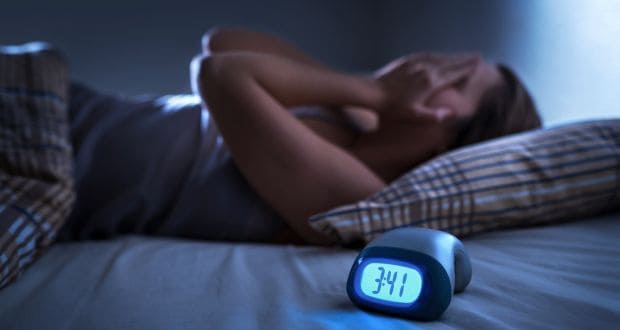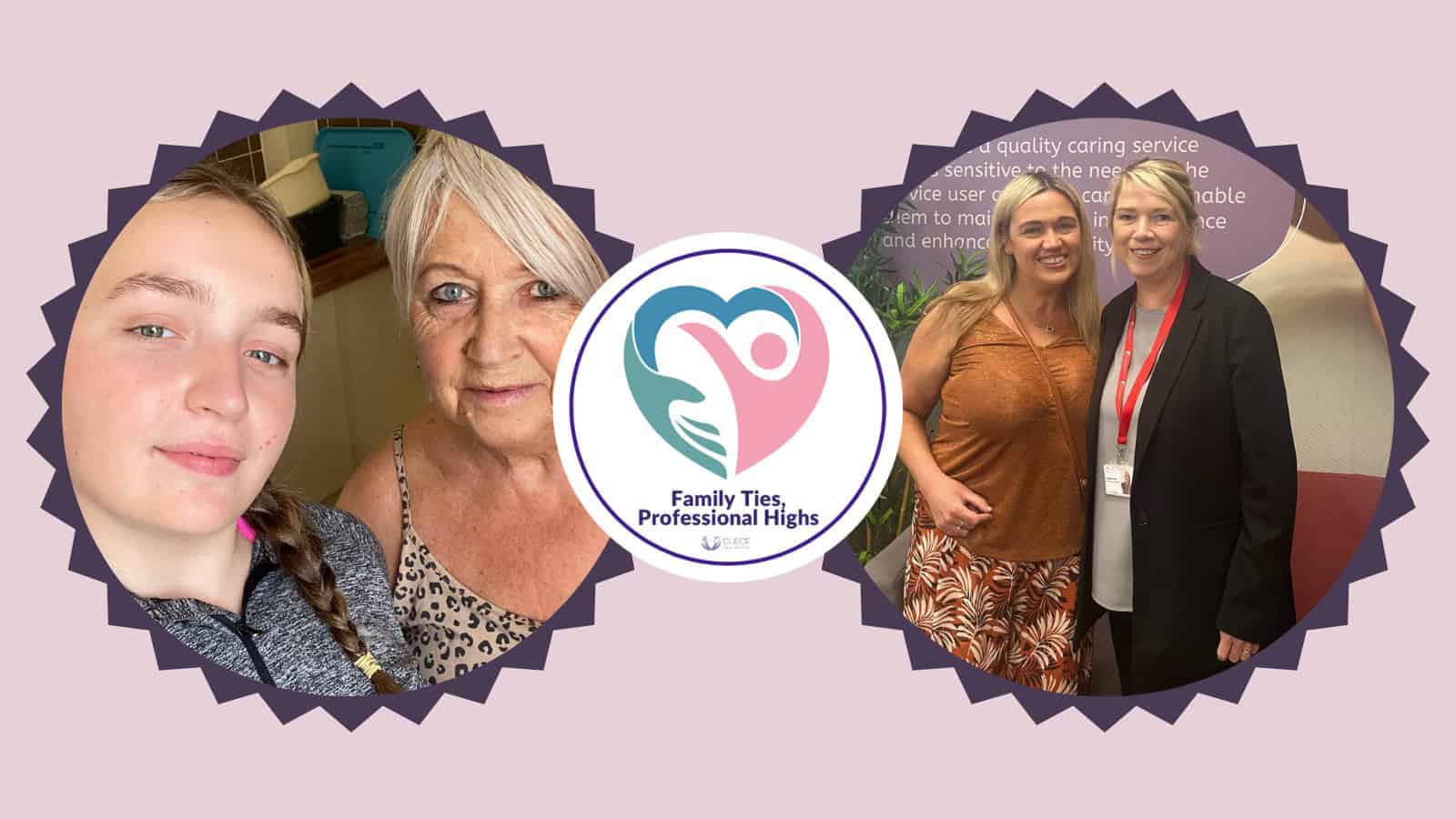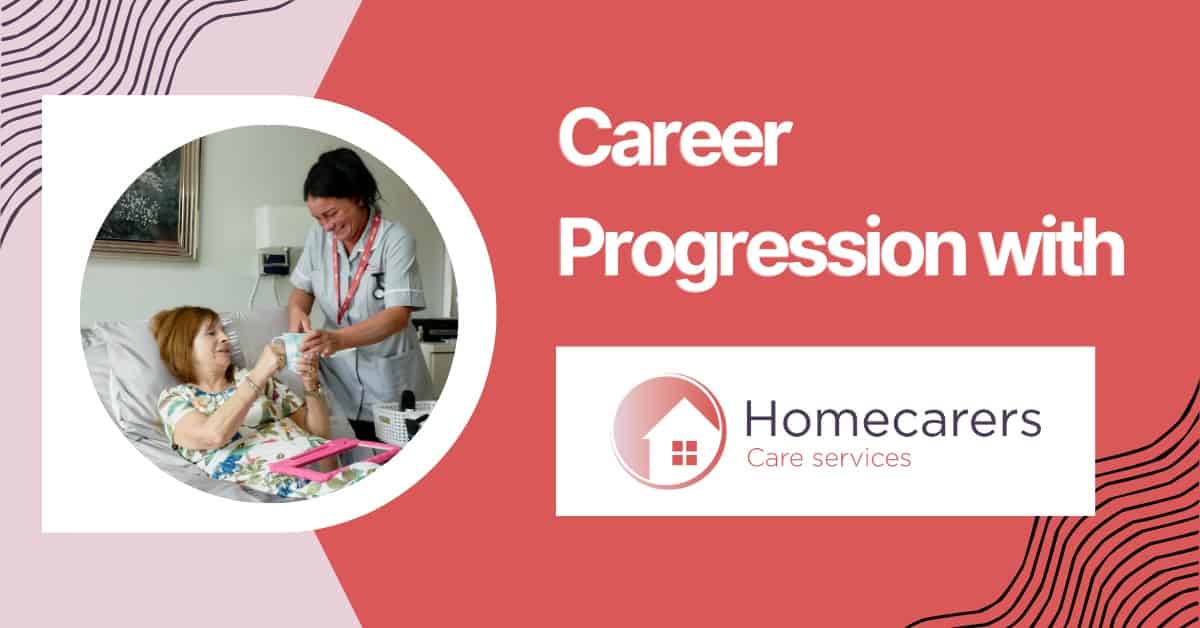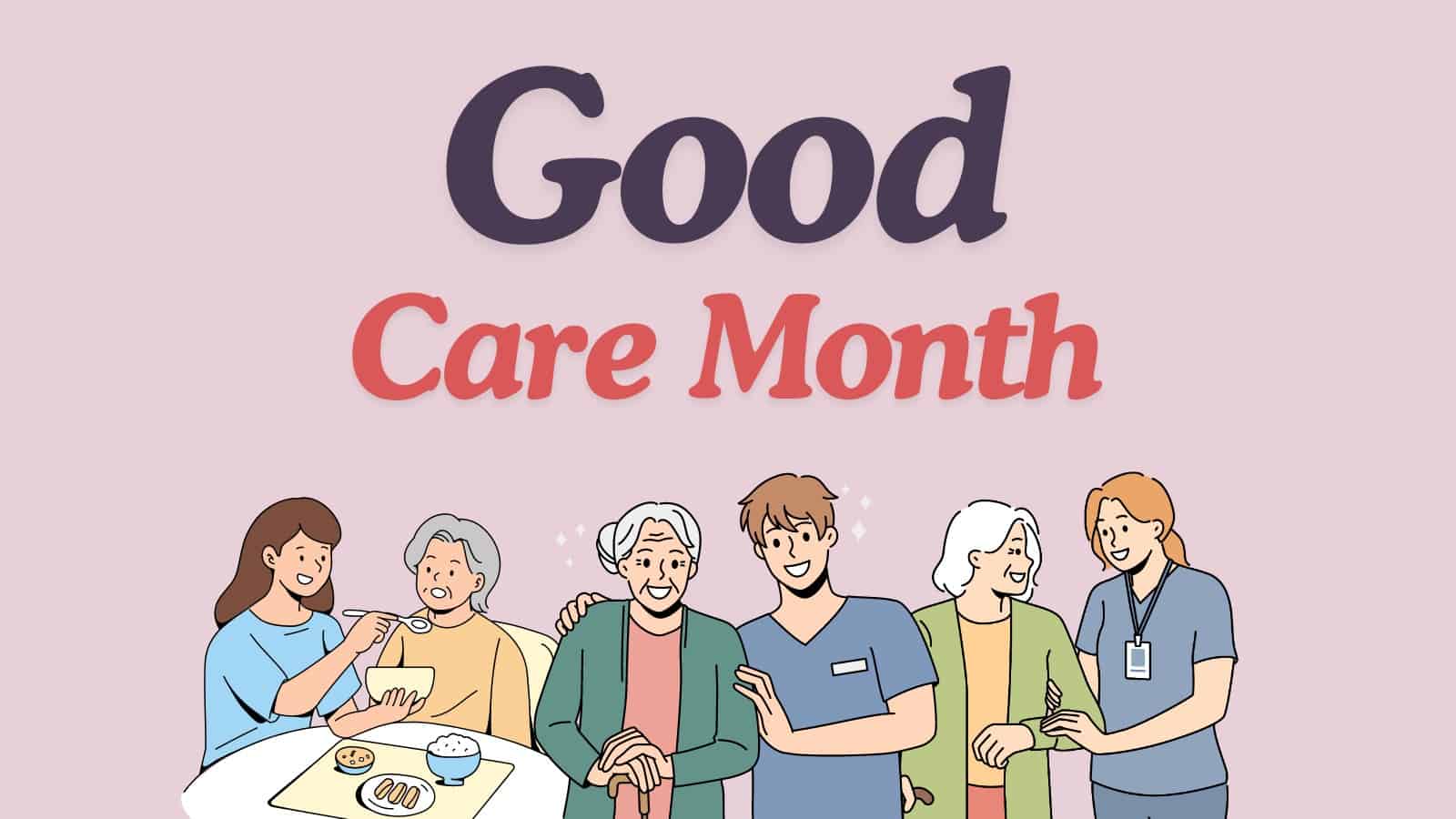How can poor sleep affect your mental health?
It’s no secret that a lack of sleep can wreak havoc on your mental health. Poor sleep can stop you from thinking clearly and keeping your emotions balanced. Research has shown that excessive sleepiness can negatively impact work performance, harm your relationships and lead to mood problems like anger and depression.
If you’re experiencing stress or anxiety in your life, there is a high chance you may be struggling to sleep at night. The world can be quite an unsettling place at the minute, and your anxious worry about life can prevent your brain from settling down.
You’re not alone, 36% of people in the UK struggle to fall asleep at least once a week, while 35% of individuals say a lack of sleep makes them anxious[1].
Could Stress be Affecting My Sleep?
It works two ways. Anxiety can cause sleep disruption, but having sleep problems can cause anxiety too. Both can have a significant impact on your emotional, mental and physical health. Treating sleep problems without taking steps to manage anxiety and reduce stress is unlikely to have any real impact.
Individual sleep needs vary, so the best way to gather whether you’re getting enough shut eye is by how you feel. Experts say you shouldn’t feel sleepy when you wake up.
Tips for Improving Your Sleep
Pay attention to what you eat and drink – certain food and drinks contain sleep-regulating hormones and specific antioxidants and nutrients, such as magnesium and melatonin, that are known to helping you fall asleep. To feel the benefits of sleep enhancing foods, it could be best to consume those 2-3 hours before bed.
Calm your mind – relaxation techniques can help you to calm your mind throughout the day and improve sleep. Mindfulness meditation and breathing exercises can help you achieve calmness. If you practice these techniques for calming your mind during the day, it will be easier to trigger your relaxation response at night.
Check out this video on how to use Mindfulness for a peaceful nights sleep: Video — Connecting Physical and Mental Health with Mindfulness | UK (lifeworks.com)
Reach out for help – sometimes managing anxious worry and improving sleep is more complicated than simply turning off your phone or breathing exercises. Never hesitate to ask for help if you need it. Sleep problems and anxiety are very treatable.
Remember, you can reach out to a qualified counsellor using the LifeWorks confidential 24/7 online chat function, or call 0800 169 1920.
[1] Sleep Statistics UK [2022]








